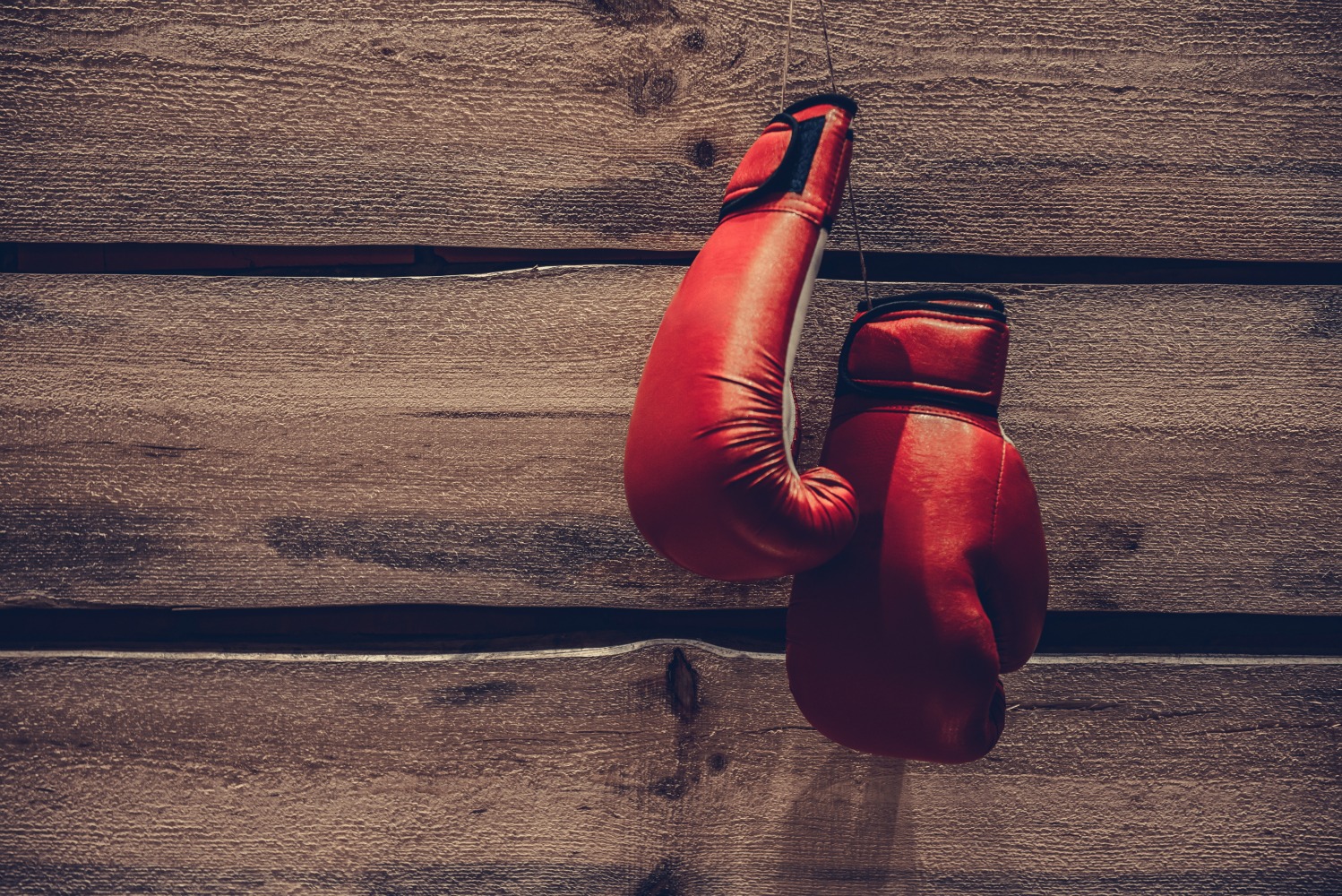Last week, Kelsey Paulsen wrote about encountering the fighter within herself, the one willing to wrestle with past wounds and present realities in pursuit of goodness. Here, Charlie Howell, a third-year MA in Counseling Psychology student, reflects on coming to terms with his privilege and the kinds of fights he is choosing to engage.
It’s hard to come to this point and not begin to look back.
I am four months into my third year at The Seattle School. Which means I am four months into my internship and six months away from graduation.
It also means I am more than two years removed from the first day I walked into the red brick building for orientation. I’ll never forget riding the bus into school that first day—Meagan, Millie, and Michael close by as Lady Rainier made an appearance over the Sound.
Reminiscing has had me thinking lately about that old Michael Douglas and Martin Sheen movie my family used to watch, The American President. In one particular scene, Sheen, Chief of Staff to the President, says:
“You fight the fights you can win? You fight the fights that need fighting.”
I arrived in Seattle in 2013 ready to take on the world, ready to fight all the battles, ready to play the conquering hero. Mostly, I was ready to win. I was ready to do the work I needed to do to perfect myself, to make this world safe, to battle and defeat metaphorical dragons.
After 28 months of turmoil and growth, rupture and repair, heartbreak and redemption, here is one thing I know for sure: there is no greater purpose than to fight the battles that need to be fought, but sometimes we have to choose which battles we will face.
This is one of the things I initially found confusing about my entrance into The Seattle School. I spent hours those first two years learning about my privilege. Which, when you consider that I hit the power and privilege trifecta (probably more like a quad-fecta of gender, race, sexual orientation, and socio-economic status), means I also spent a lot of hours learning to exist in the privilege I had previously been unaware of.
Yet no one ever told me I couldn’t fight all the battles—or that I couldn’t win all the battles. Eventually I found I was really frustrated, like if I couldn’t do it all right then I couldn’t do any of it right. And believe me, I have been far from doing it all right.
I remember at one point becoming so exasperated that I yelled out, to no one in particular: “I’m tired of being vigilant about everything! I can’t get anything right!” I realize even as I type those words that the ability to stop being vigilant is a privilege. An African-American man driving down the street with a white cop following him doesn’t get to decide whether or not to be on alert. But I do, and that is one of the privileges of my power as a white, upper-middle class, straight male.
And yet, I still can’t fight all the battles. I am only one person and my energy is finite. Still, as Martin Sheen said, you fight the fights that need fighting. You just don’t fight ALL the fights that need fighting. Sometimes we have to trust that others will carry a piece of the load along with us.
With all this being said, I was recently given an opportunity I am extremely proud of—to enter into the dialogue about sex and sexual abuse through my friend Abby’s non-profit, Tell My Daughters. Abby and I have begun a momentous task: writing about sex and sexuality for the next generation in hopes of lending our words to a realm so desperately in need of voices.
There are two important things I have realized about power in the weeks since we began these letters. First, I need a lot of forgiveness. I need forgiveness for all the times my power gained me something I didn’t earn. I need forgiveness for the messiness of this transition. Going from unaware to aware is never perfect, and I am no exception.
The second thing I learned is my power and privilege puts me at a unique advantage to instill change in areas you might not often see a guy like me stepping into. We need men speaking out against sexual abuse. We need straight people fighting for the rights of the LGBTQ community. We need the upper class in the struggle against poverty. And we need white folks who are willing to wade into the continued fight against racism.
That’s hard for me to admit, as it could easily be taken as power and privilege continuing to assert its voice over the voiceless. But I hope that is not what others hear me say. I hope you hear me say that I cannot fight all the battles, but I am one person ready to step into a battle that needs fighting.
Most of all, I will do my best to use my privilege for good, because there is nothing greater we can ask of each other than to use what we have been given for those who have had something taken away.

